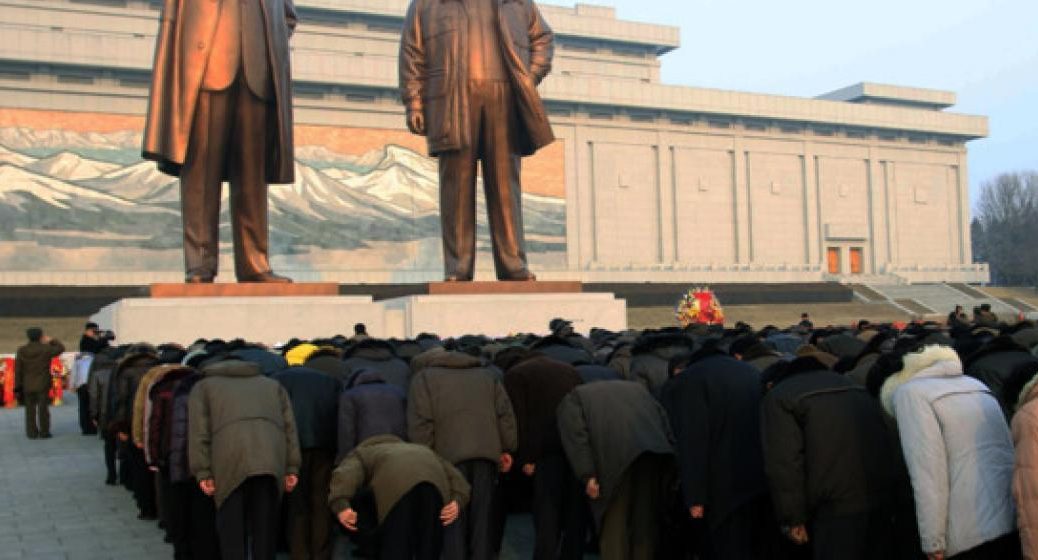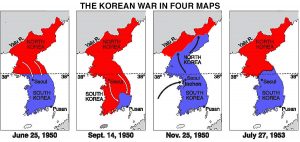
Korea, an Old Conundrum, and Mr. Churchill’s Wisdom
Korea was a problem in 1952—as it is today. “Is the Prime Minister aware of the deep concern felt by the people of this country at the whole question of the Korean conflict?” an opposition Member of Parliament asked the-then Mr. Churchill.
“I am fully aware of the deep concern felt by the honorable member in many matters above his comprehension,” Churchill quipped. Which avoided responding to an unanswerable question.
Self-Preservation’s Jarring Gong
How do you answer the Korean question? There are no good choices. The Sino-Russian proposal for the U.S. to abandon joint military exercises in exchange for another promise by the North to stop building missiles and testing nukes is a non-starter. That advances their aim, to separate the U.S. from South Korea.
Have we learned anything from history? It’s true that history never repeats. But Churchill’s experience is there for the asking. As usual, there is something worth taking away.
The first lesson is Churchill’s lament for “endless repetition”:
When the situation was manageable, it was neglected, and now that it is thoroughly out of hand we apply too late the remedies which then might have effected a cure. There is nothing new in the story. It is as old as the Sibylline books. It falls into that long, dismal catalogue of the fruitlessness of experience and the confirmed unteachability of mankind. Want of foresight, unwillingness to act when action would be simple and effective, lack of clear thinking, confusion of counsel until the emergency comes, until self-preservation strikes its jarring gong—these are the features which constitute the endless repetition of history. (WSC, House of Commons, 2 May 1935)
Owing to past neglect, in the face of the plainest warnings, we have now entered upon a period of danger greater than has befallen [for years]….The era of procrastination, of half-measures, of soothing and baffling expedients, of delays, is coming to its close. In its place we are entering a period of consequences. (WSC, House of Commons, 12 November 1936)
North Korea and Nazi Germany

These happy facts are counterbalanced by the finality of a modern nuclear exchange. We may soon reach Churchill’s “period of consequences”: choosing between going to war or accepting a nuclear North Korea. The latter would require reintroduction of the Mutual Assured Destruction (MAD) policy, by which we navigated in the old Cold War days. Japan has declared this unacceptable. One can understand.
“In Strange Paradox”
So they go on in strange paradox, decided only to be undecided, resolved to be irresolute, adamant for drift, solid for fluidity, all powerful to be impotent. (WSC, 12 November 1936)
Drift and fluidity have brought us to stark choices, which may be all we have left other than more drift and fluidity. God knows we’ve seen it before:
…if you will not fight for the right when you can easily win without bloodshed; if you will not fight when your victory will be sure and not too costly; you may come to the moment when you will have to fight with all the odds against you and only a precarious chance of survival. There may even be a worse case. You may have to fight when there is no hope of victory, because it is better to perish than live as slaves. (WSC, The Gathering Storm, 1948)







One thought on “Korea, an Old Conundrum, and Mr. Churchill’s Wisdom”
Remarkable quotations. Churchill was wise through the study of history and through experience.
Comments are closed.